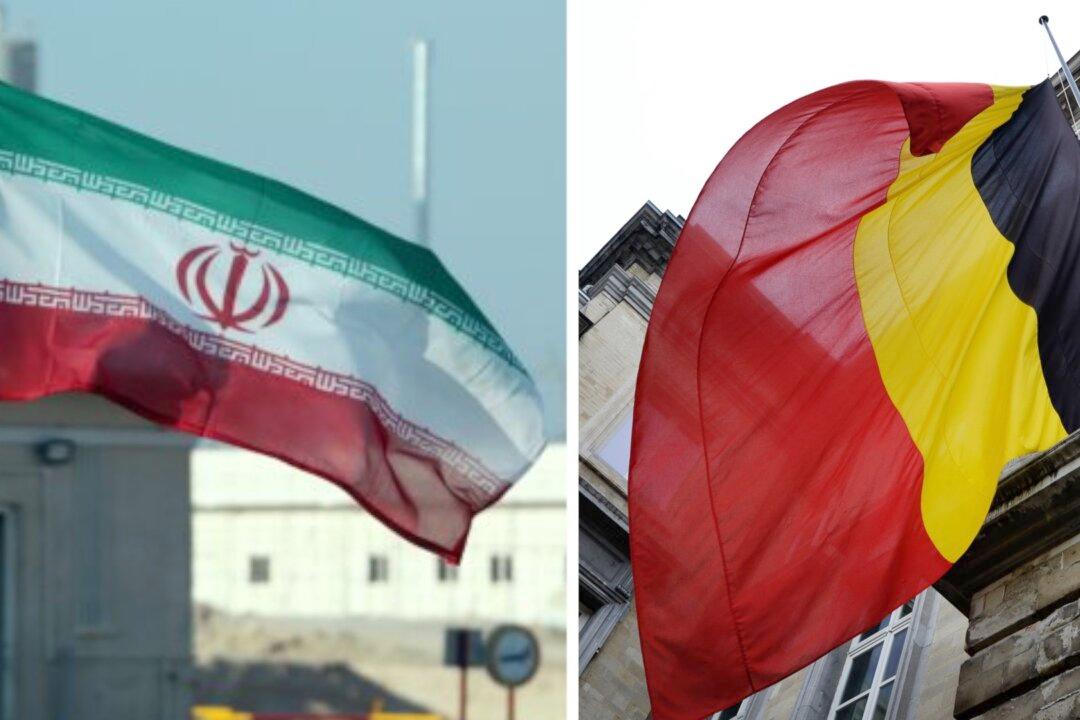The Iranian regime is in talks with Belgian government officials to call for the release of Assadollah Assadi, an Iranian diplomat who was sentenced to prison in Belgium on terrorism charges, a Tehran official announced on Wednesday.
“Assadi’s unconditional release is Iran’s request, and talks are ongoing with the Belgian government,” Nasser Kanaani, an Iranian foreign ministry spokesman, was quoted as saying by Iranian state media. “We hope that with the efforts we have made, we will see the release of this diplomat in the near future.”





